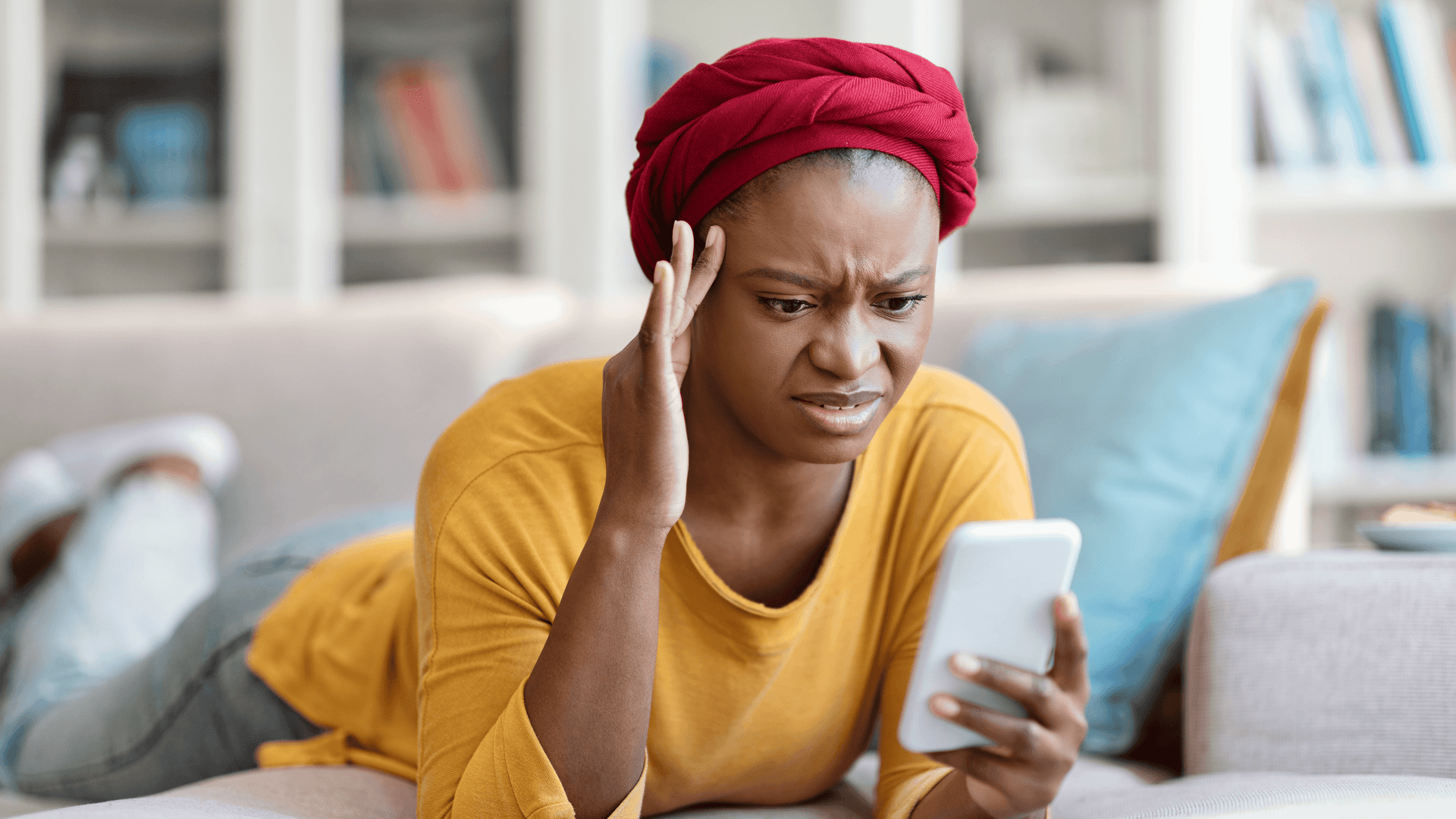While being online can help our mental health, there might be times when it could have a negative impact.
- Comparing yourself to others
Spending time on online communities and social media sites can mean that you end up comparing yourself to others. This can negatively impact your self-esteem and how you view your life. It's important to remind yourself that you don't know how other people feel when they're alone or when their social media feeds are turned off.
- Feeling anxious, stressed or depressed
You might feel pressure to constantly check your social media accounts and respond to messages and notifications. This can cause feelings of anxiety and stress. Regularly reading news and information sites during negative world events, such as the coronavirus pandemic, can also lead to poor wellbeing.
- Having difficulty sleeping
For some of us, spending lots of time at night checking social media and other online sites disrupts our sleeping patterns.
- Feeling lonely
Some people find using online communities and social media a lonely experience. It doesn't give them the same feeling of connection as offline support. We might also feel lonely when we see photos or videos online of other people socialising at events or with friends and family.
- Seeing triggering content
We have access to a lot of information at all times online. Sometimes it can be difficult to protect ourselves from certain types of content that can be triggering to us or dangerous.
- Feeling overwhelmed
Being a friend to other people online or connecting with others going through a similar situation to you can feel positive. However, caring for someone who is going through a difficult time can also be very stressful and overwhelming. It could affect your own wellbeing.
Being online can present lots of great opportunities to connect, learn and share what’s important to you, but it comes with challenges too.
Adapted from About online mental health



